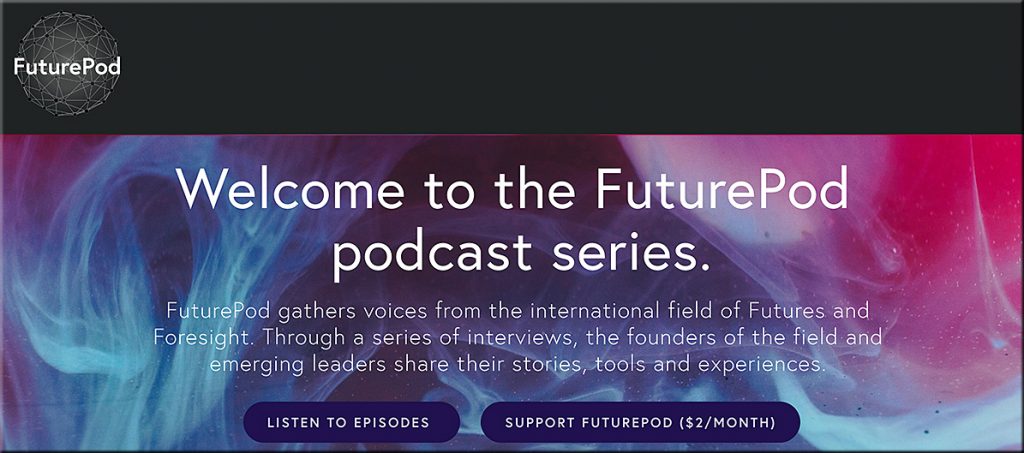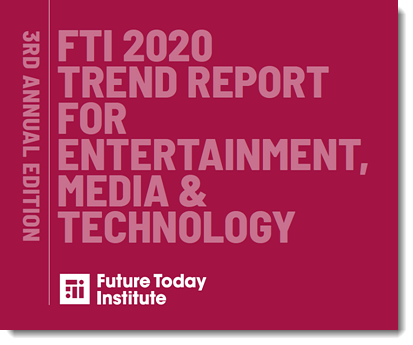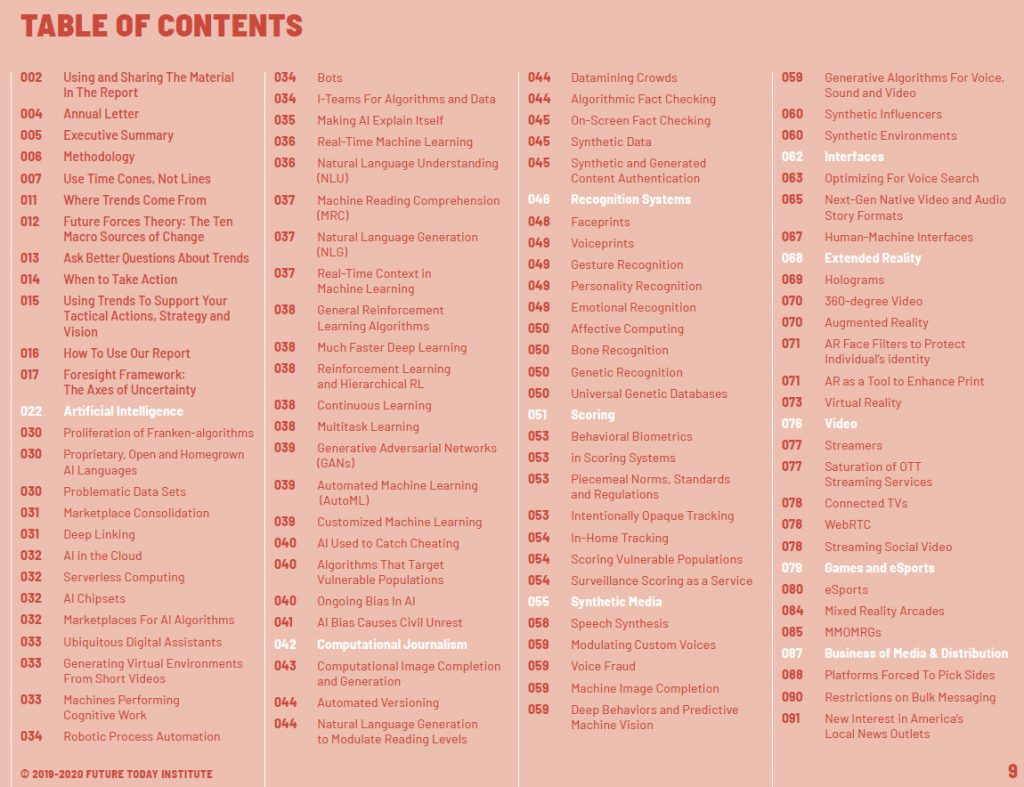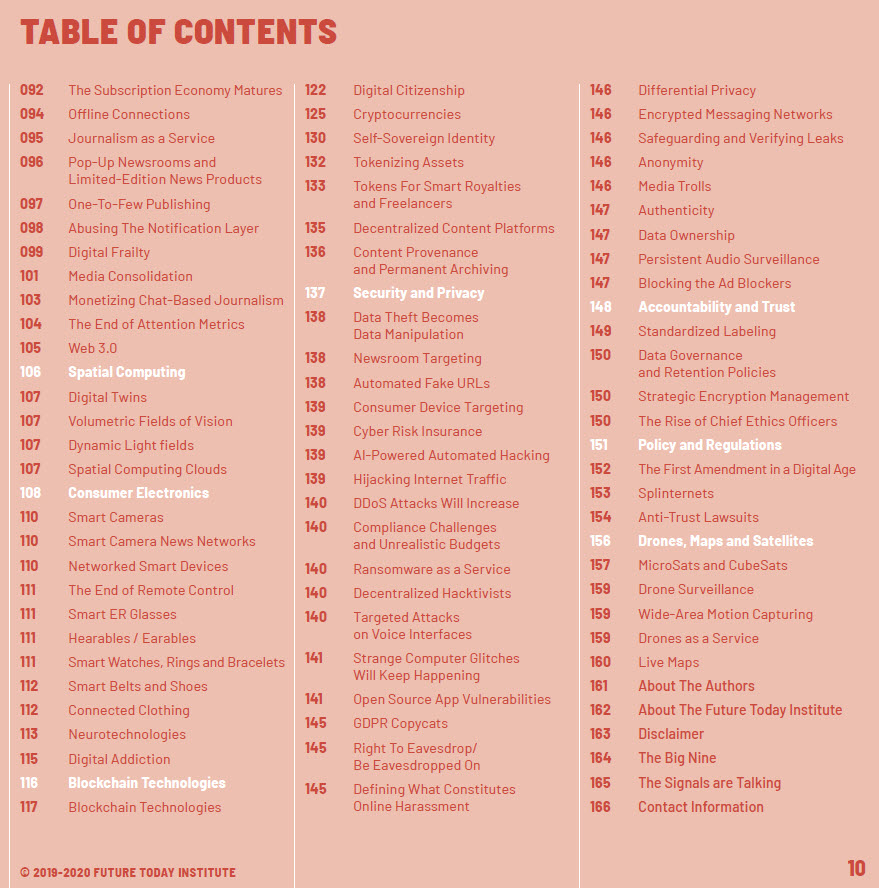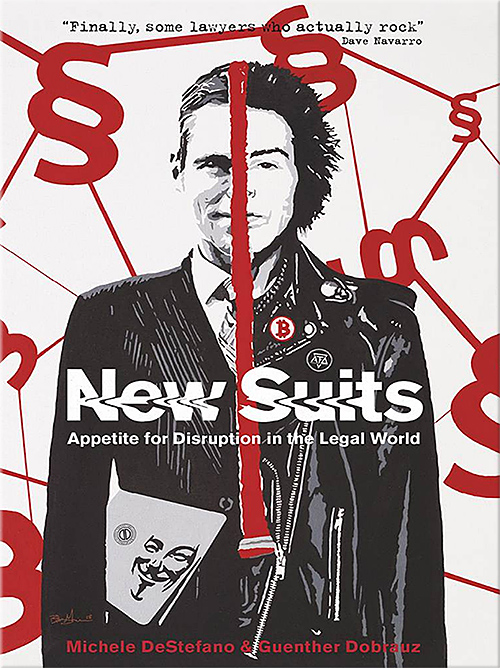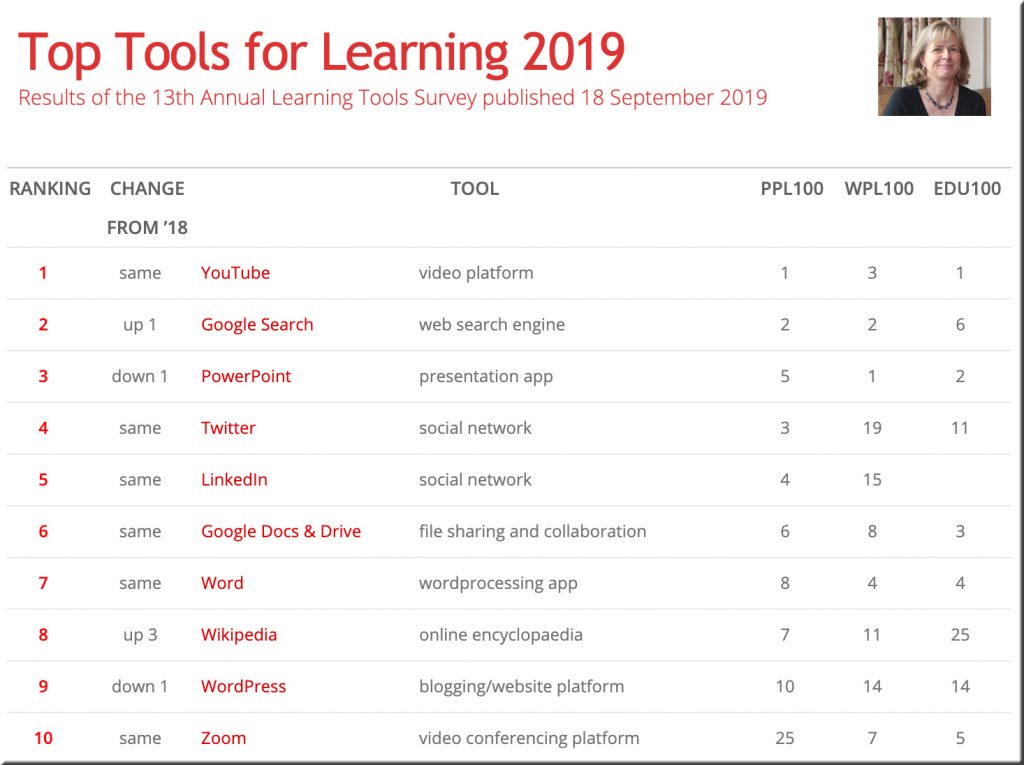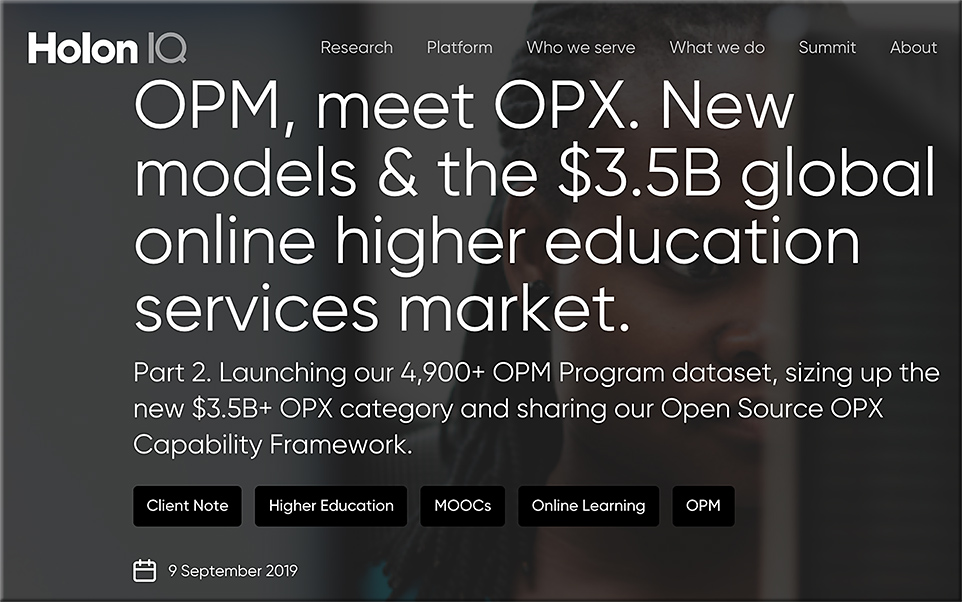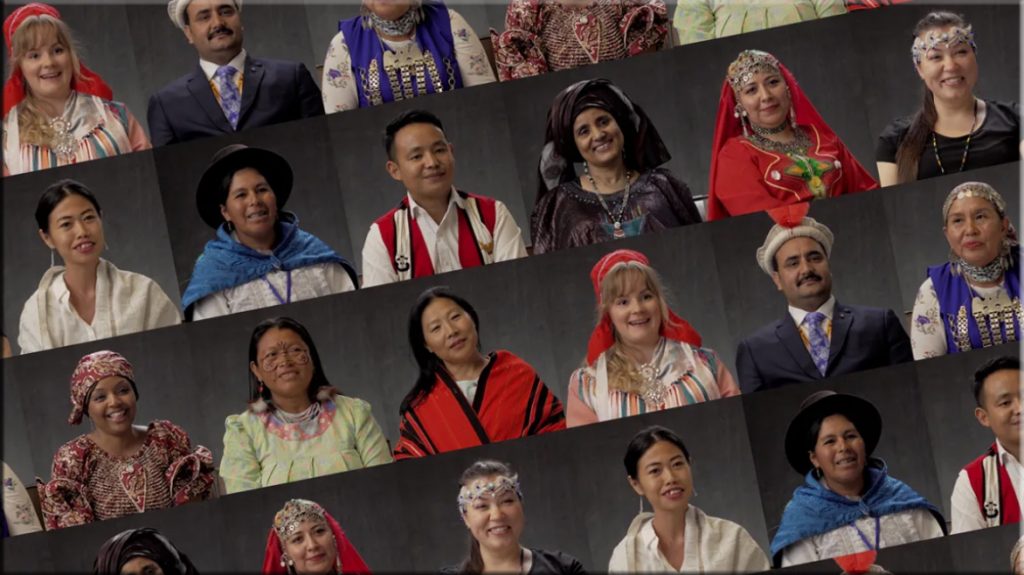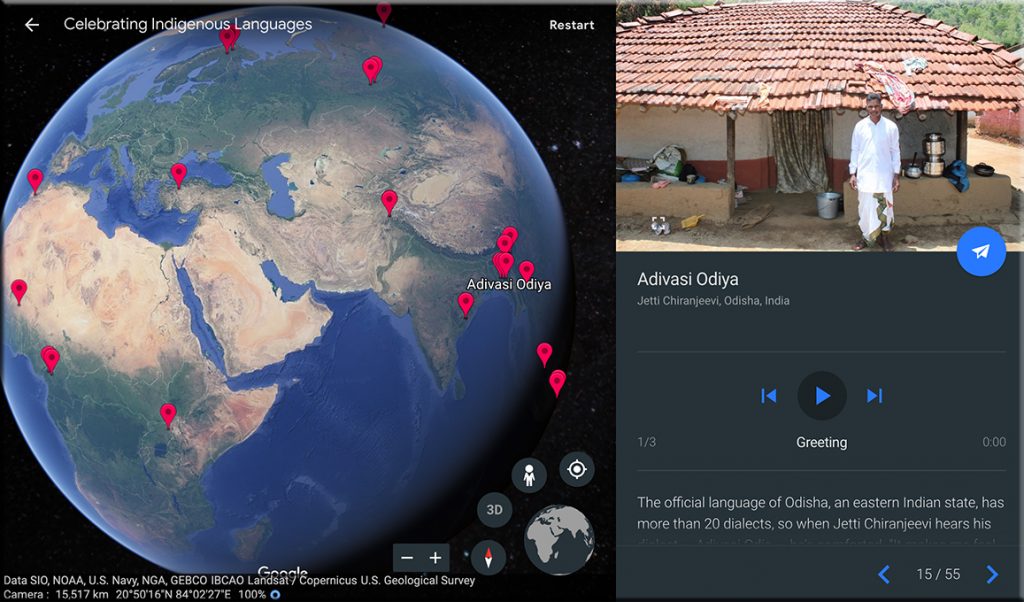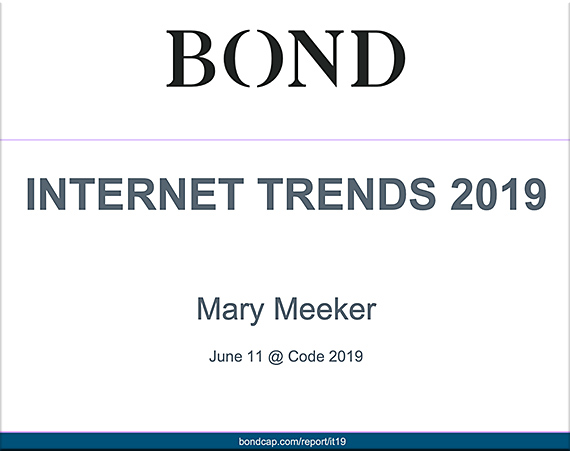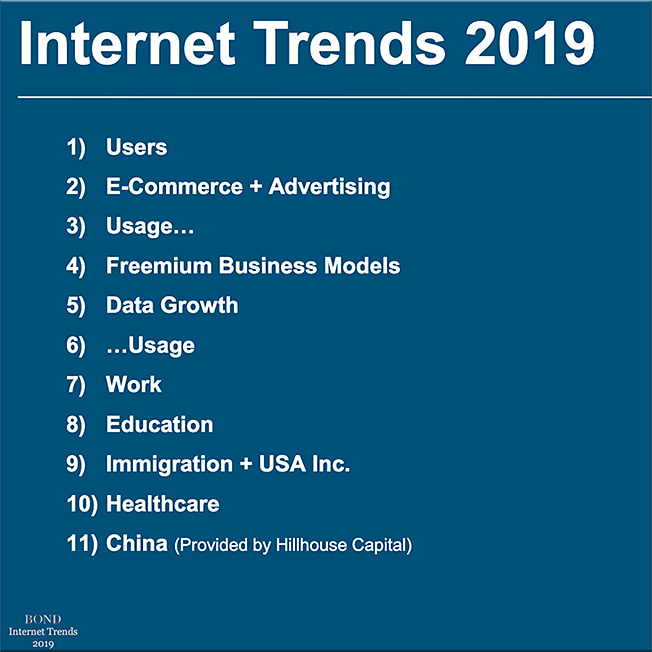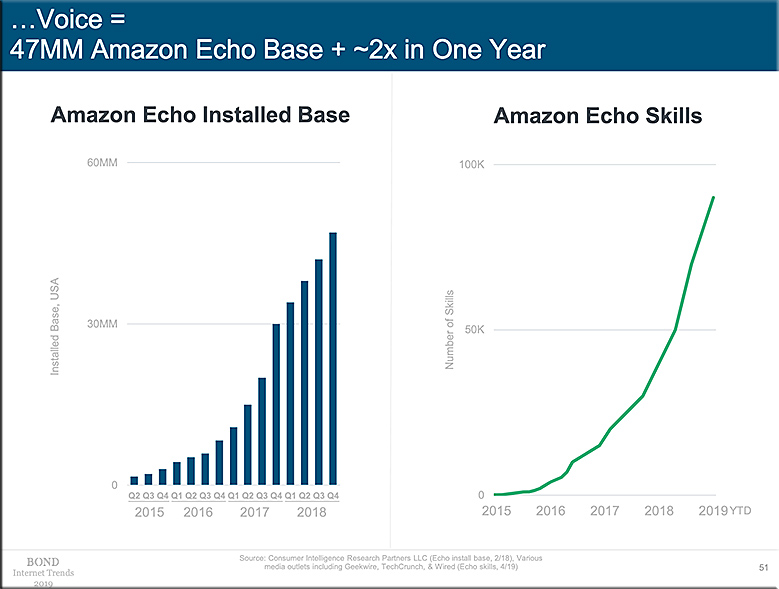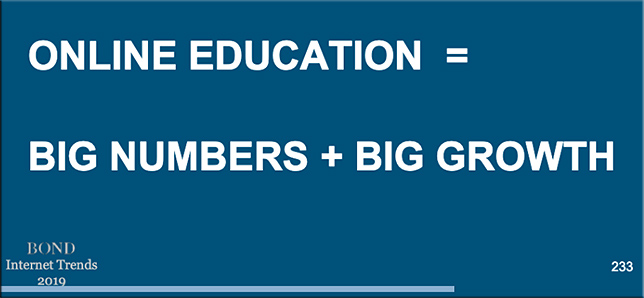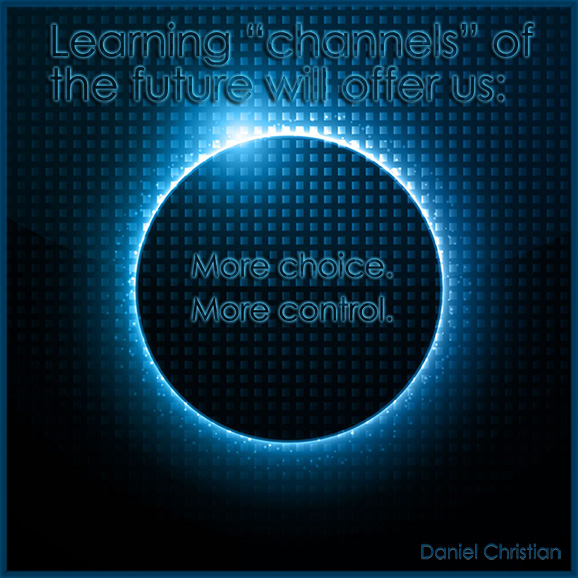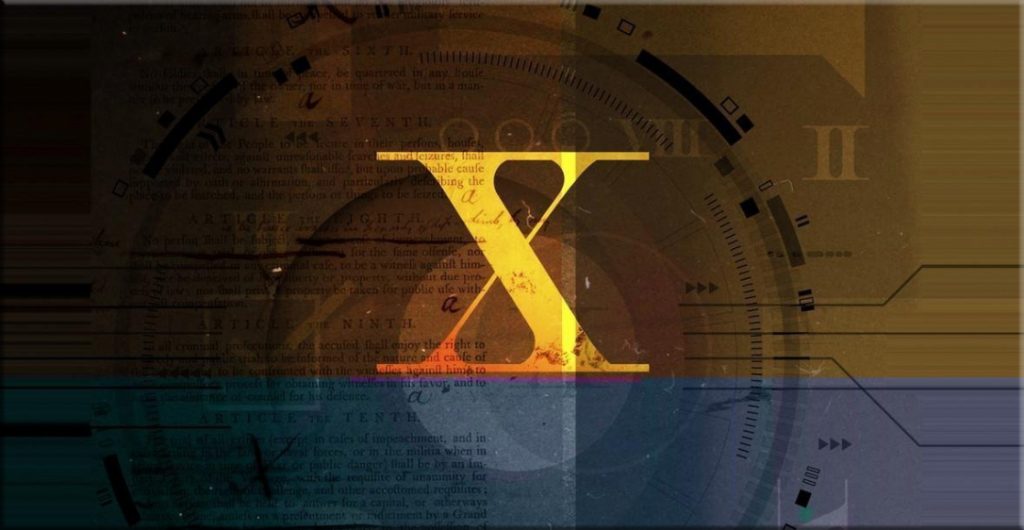FuturePod gathers voices from the international field of Futures and Foresight. Through a series of podcast interviews, the founders of the field and emerging leaders share their stories, tools and experiences. The Futures and Foresight community comprises a remarkable and diverse group of individuals who span, academic, commercial and social interests.
The Global Landscape of Online Program Companies — from by Doug Lederman
New trove of data suggests a bigger, more complex, more varied ecosystem of companies that work with colleges to take their academic programs online.
Excerpt:
A new dataset promises to give college leaders, company officials and others involved in the online learning landscape much more information about who offers what programs, how they manage them and where the money is flowing, among other factors.
And the company behind the new data, Holon IQ, published a report today that gives a new name to the large and diversifying category of providers that are working with colleges to take their programs online: OPX, instead of OPM, for online program management companies. (More on that later.)
Also see:
Also see:
- Multi-Faculty Collaboration to Design Online General Studies Courses — from facultyfocus.com by B. Jean Mandernach
Excerpt:
While this type of autonomy in course design makes sense for the face-to-face classroom, it may be less practical–and less effective–in the context of online education. Simply put, development of a high-quality online course takes considerable time and advanced knowledge of online pedagogy. If multiple faculty members are teaching the same course online (as is often the case with general studies or other high-demand courses), it is not an efficient use of departmental time, resources, or budget to have multiple faculty developing their own online classroom for different sections of the same course.
The moral issue here — from law21.ca by Jordan Furlong
Excerpt:
“I’m not worried about the moral issue here,” said Gordon Caplan, the co-chair of AmLaw 100 law firm Wilkie Farr, according to transcripts of wiretaps in the college admission scandal that you’re already starting to forget about. Mr. Caplan was concerned that if his daughter “was caught …she’d be finished,” and that her faked ACT score should not be set “too high” and therefore not be credible. Beyond that, all we know from the transcripts about Mr. Caplan’s ethical qualms is that “to be honest, it feels a little weird. But.”
That’s the line that stays with me, right through the “But” at the end. I want to tell you why, and I especially want to tell you if you’re a law student or a new lawyer, because it is extraordinarily important that you understand what’s going on here.
…
So why does any of this matter to lawyers, especially to young lawyers? Because of that one line I quoted.
“I mean this is, to be honest, it feels a little weird. But.”
Do you recognize that sound? That’s the sound of a person’s conscience, a lawyer’s conscience, struggling to make its voice heard.
This one apparently can’t muster much more than a twinge of doubt, a feeling of discomfort, a nagging sense of this isn’t right and I shouldn’t be doing it. It lasts for only a second, though, because the next word fatally undermines it. But. Yeah, I know, at some fundamental level, this is wrong. But.
It doesn’t matter what rationalization or justification follows the But, because at this point, it’s all over. The battle has been abandoned. If the next word out of his mouth had been So or Therefore, Mr. Caplan’s life would have gone in a very different direction.
Acts 10:34-35 New International Version (NIV) — from biblegateway.com
34 Then Peter began to speak: “I now realize how true it is that God does not show favoritism 35 but accepts from every nation the one who fears him and does what is right.









